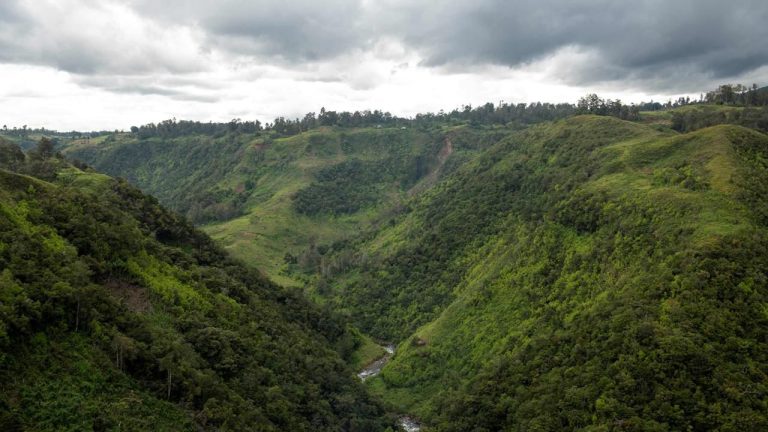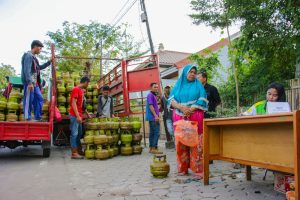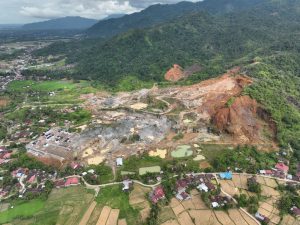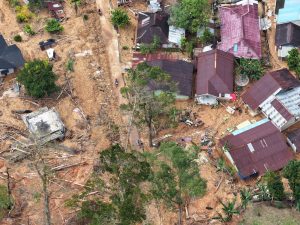Jakarta — A new Global Environment Facility (GEF) funded conservation initiative, aimed at protecting the remaining primary forests of Southeast Asia and the Pacific, was officially launched in Chiang Mai, Thailand, the Food and Agriculture Organization of the United Nations (FAO) said on Friday, June 27.
Backed by USD 42.4 million in GEF grants and USD 185 million in co-financing, the Southeast Asia and the Pacific Forests Integrated Program is set to transform forest conservation across the Indo-Malaya Forest biome, one of the world’s last strongholds of untouched tropical forest.
Spanning from Bhutan to Papua New Guinea, the region’s primary forests are home to over 5,000 threatened species and provide vital ecosystem services to more than 560 million people. However, unsustainable agriculture, logging, and land-use change have already claimed 60% of the original vegetation. The new program aims to reverse this trend by bolstering forest health, biodiversity, and sustainable livelihoods.
The initiative was launched during an inception workshop hosted by Thailand’s Department of National Parks, Wildlife, and Plant Conservation. It will be jointly led by the International Union for Conservation of Nature (IUCN) and the Food and Agriculture Organization of the United Nations (FAO), with country-level implementation by FAO and UNDP in Lao PDR, Papua New Guinea, and Thailand.
The program sets ambitious targets: improved management of over 10 million hectares, restoration of 8,500 hectares, mitigation of 34 million tons of CO₂ emissions, and direct benefits for nearly 20,000 people. A regional coordination project, led by IUCN and FAO, alongside partners such as CIFOR-ICRAF and Grow Asia, will support cross-border collaboration, knowledge sharing, and policy development across the Indo-Malayan region.
Eight countries—Bhutan, Cambodia, Indonesia, Lao PDR, Papua New Guinea, the Philippines, Thailand, and Vietnam—attended the workshop and endorsed key outputs, including a regional vision for primary forests, an investment forum, and a knowledge and learning hub.
“This program embodies strong commitment and political will to address the drivers of forest loss in proactive and innovative ways,” said Carlos Manuel Rodríguez, CEO of the GEF. “Conserving primary tropical forests is the best response to the urgent environmental crisis.”
Grethel Aguilar, Director General of IUCN, called the biome a “living reservoir of biodiversity, culture, and climate resilience,” and emphasised the importance of transboundary collaboration.
FAO’s regional representative, Alue Dohong, highlighted the program’s potential to “boost regional action to conserve, protect, restore and promote sustainable use of primary forest landscapes… (especially) where most forests remain unprotected.”
The initiative is part of the broader GEF-8 Critical Forest Biomes Integrated Programs, linking efforts in Southeast Asia with similar work in the Amazon, Congo Basin, Guinean Forests, and Mesoamerica, together aiming to catalyse global transformation in forest management and biodiversity conservation. (nsh)
Banner photo: Forests in Papua New Guinea. ©️FAO/Cory Wright














